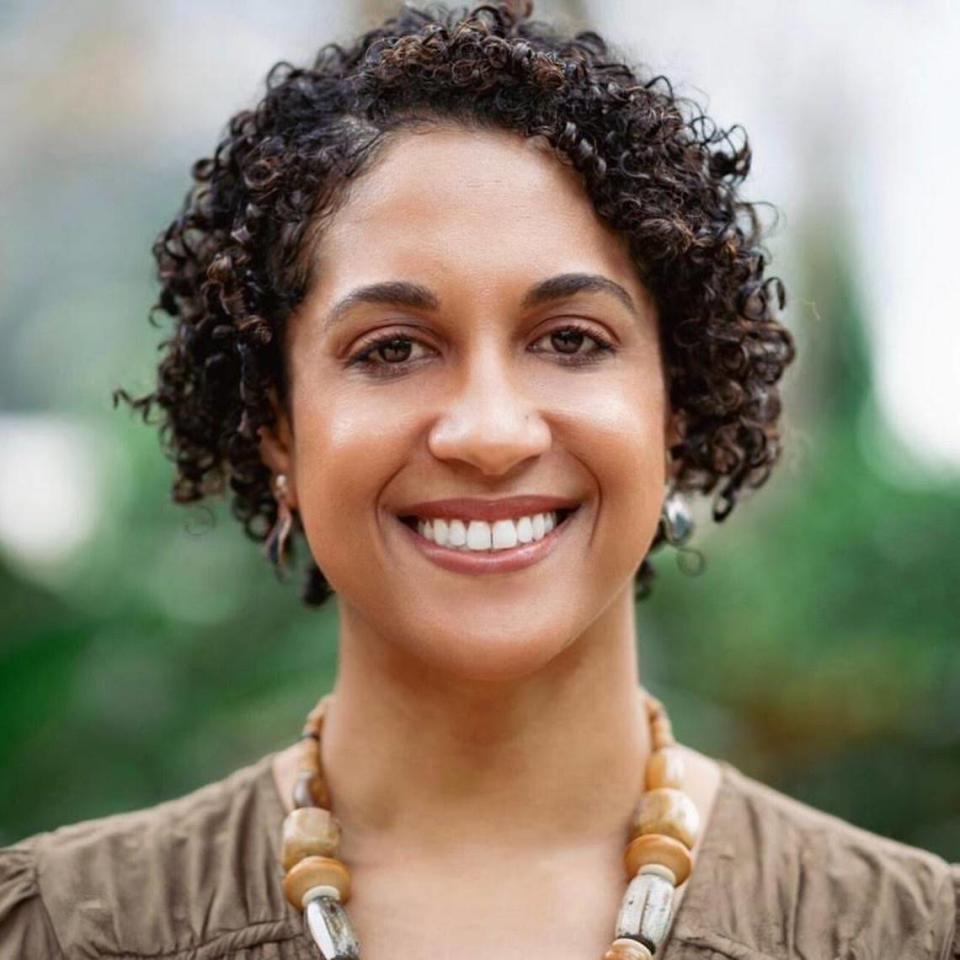We deserve a zero-waste future, not another incineration nightmare | Opinion
In February, Doral residents were forced to endure smoke and toxic fumes from an out-of-control fire at a polluting trash incinerator. It was documented in an in-depth report by Earthjustice and Florida Rising. The fire burned for nearly three weeks, and the blaze destroyed the facility.
Now that Miami-Dade County’s long-time garbage burner is shuttered, it’s time for leaders to switch to better ways of handling waste that won’t threaten public health the way this incinerator and the one before it did.
In its Sept. 6 and Sept. 13 meetings, the commission is expected to debate the future of how trash is handled, including whether to build a new incinerator, set a new waste fee and cancel the county’s recycling contract.
While we are glad to see Mayor Daniella Levine Cava’s recommendation to not reopen the controversial incinerator in Doral, it is concerning that the county is still looking at building a $1.2 billion mass-burn facility, this time, proposing to locate it near the Everglades and neighborhoods in Miramar, with Doral and Medley as siting alternatives.
Other suggestions include expanding landfills or shipping waste out of state via railway.
Prioritizing the burning or landfilling of trash — or shipping it away to burden another community — over “zero waste” alternatives is wrong-headed public policy, especially when the EPA, World Health Organization and United Nations all rank zero waste above incineration and landfilling for public health and the environment.
Additionally, all decisions about our trash should be made with transparency: adequate public consultation and careful consideration of our community’s future. What the County Commission should not do in September is make final decisions about the future of waste without exploring all viable options and taking the time to consider public input. This would be a disservice to commissioners’ constituents.
It’s time for Miami-Dade to move to a proven zero waste system, joining other communities around the United States that are leading the way. In a zero waste system, communities cut the amount of trash headed for landfills by composting, recycling and reusing it — not burning it.
Zero waste is both a goal and a plan of action. The goal is to protect people and the natural environment by ending toxic waste disposal in incinerators, dumps and landfills, instead, establishing systems that are socially and environmentally just. Zero waste plans are different for each community, but in general they prioritize waste reduction, reuse, composting, recycling, changes in consumption habits and industrial redesign — strategies that create more resilient communities, social equity and healthier environments.
Before the fire, the Doral incinerator spewed air pollution known to cause cancer, respiratory problems and reproductive health risks. The burner was responsible for thousands of complaints over the years to the city’s 311 hotline about noxious odors that made it difficult to breathe or be outdoors.
The now-shuttered incinerator is in the middle of a Latino community. Sadly, this trend is the rule and not the exception in our state and nationwide, where polluting facilities are overwhelmingly in communities of color — a legacy of historic redlining, discriminatory zoning and siting decisions. The County Commission should reject policies that turn communities into sacrifice zones where people are forced to breathe dirty air and endure health risks ranging from asthma to cancer.
Miami-Dade County is at a crossroads in determining its waste future. It’s time to move away from the false dichotomy that we can only bury our trash in the ground or burn it and, instead, create a healthier future by following the lead of other communities that use a zero waste system, including Austin, Texas, Boulder, Colorado and San Jose, California.
We urge county commissioners to vote No on pouring billions of taxpayer dollars into burning trash and to reject plans to reduce recycling efforts. In addition, residents should join the call for zero waste at the Sept. 6 and 13 commission meetings.
Dominique Burkhardt is an attorney with the environmental nonprofit Earthjustice. Dr. Selma Garcia is a resident of Doral and a member of the grassroots advocacy organization Florida Rising.



